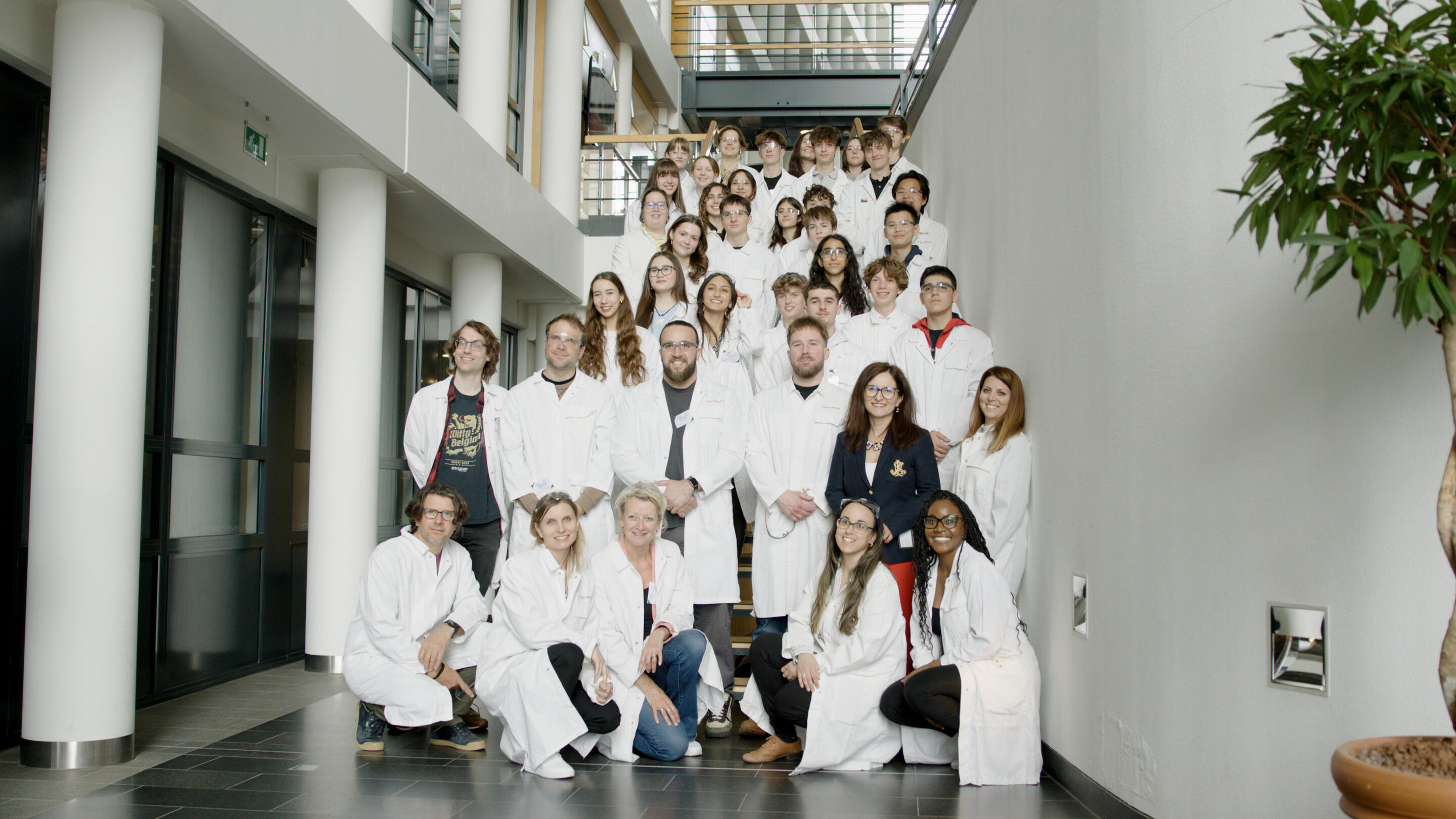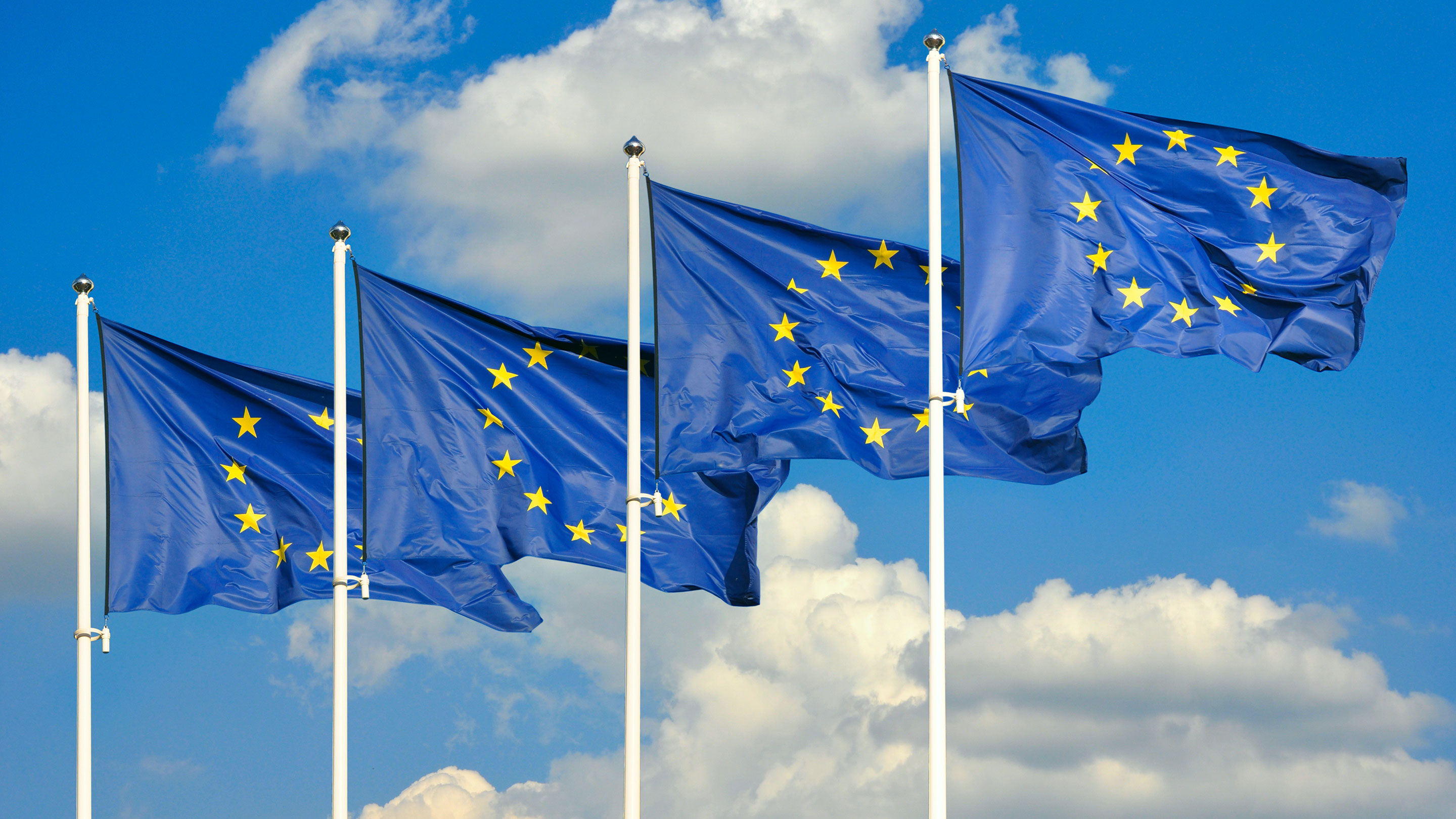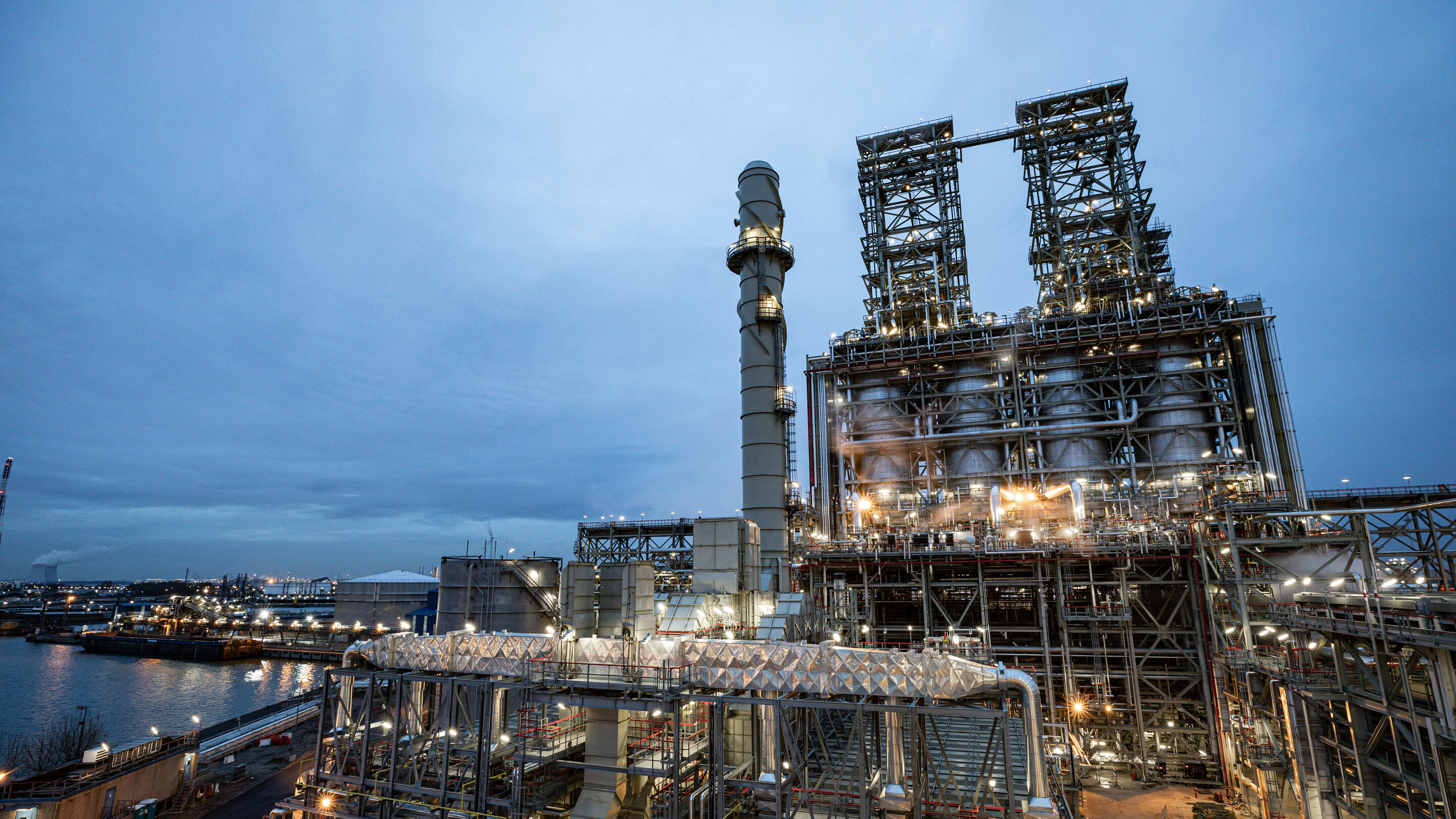
3 min read
•Why are some plastics harder to recycle?
- Chemical recycling is complementary to mechanical recycling.
- More plastic can be recycled using chemical recycling.
- Chemical recycling could help address plastic waste.
3 min read
•Plastic is not only essential to many products we use every day, it can also help us cut carbon emissions. For example, according to a report by Franklin Associates, greenhouse gas emissions from plastic packaging is 54% lower than from alternative materials as a group. That includes materials like glass, paper and aluminum. Plastic is also important to many of the United Nations Sustainable Development Goals. It’s used in lower-emission technologies like:
- Solar panels and wind turbines (Goal 7: Affordable and Clean Energy).
- Plastic pipes and pouches delivering clean water in developing countries (Goal 6: Clean Water and Sanitation).
- Food packaging film: protecting fruit and vegetables in greenhouses and preserving food like cheese, bread, meat and vegetables (Goal 2: Zero Hunger).
So, plastic has many benefits. But it comes with a global challenge: plastic waste. A challenge that recycling is key in helping to solve. According to the Organization for Economic Co-operation and Development (OECD), only 9% of all plastic is recycled (in Europe, it’s 26.9%). The rest ends up elsewhere, for example in landfills or incineration.
The challenges of recycling plastic
One of the things that can make plastic recycling difficult is that we don’t have a complete infrastructure for collecting, recycling and reusing plastic waste. This is less of a problem in some parts of the world, like Europe, than in others, such as developing countries. But it is an issue everywhere. Another challenge is that there are limits to the kinds of plastic that can be recycled with traditional mechanical methods.
Two of the key challenges are:
- Contaminated plastic.
- Products with layers of different types of plastic.
Many used plastic products – like food packaging or bottles of motor oil – are contaminated with oil and grease. That’s hard to remove with mechanical recycling , where plastic waste is ground up and melted down to make new products from the same material. Which means mechanical recycling normally doesn’t work for plastic products with very high safety and hygiene standards. For example, plastic film and containers used in food packaging and other items for the food and medical sectors. In these fields, you need uncontaminated virgin-quality plastic.
Mechanical recycling also works best with single-polymer plastic. And a lot of plastic, like flexible food packaging, is multi-layer and multi-polymer. So, they’re not suitable for mechanical recycling, where plastic waste needs to be sorted into separate polymer streams.
How chemical recycling can help
But chemical recycling, also known as advanced recycling, can help. The technology offers a solution that complements mechanical recycling. Chemical recycling sees mixed plastic waste sorted and shredded and then heated up and transformed into liquid and gas molecules. This creates raw material that can be used to make valuable new products.
And in chemical recycling, the waste doesn’t have to be organized into separate streams of different plastic. Which means the process can handle materials with multiple layers of different polymers. The technology can also remove impurities and contaminants. That sets it apart from mechanical recycling and enables products like flexible food packaging to be recycled.
Under the European Green Deal, which supports the EU’s climate neutrality ambitions, members states must recycle 55% of plastic waste by 2030. Chemical recycling could help meet both European and global recycling goals – and strengthen the circular economy for plastic.

How could chemical recycling support the circularity of plastic?
Chemical (AKA advanced) recycling is complementary to mechanical recycling processes. It increases the types of plastic that can be recycled and can help strengthen the circular economy for plastic.
Here are two challenges that chemical recycling can help overcome:
Contaminated plastic waste
Multi-layer plastic waste
Subscribe to our newsletter for the latest on chemical recycling.
European regional newsroom
Explore more

Saving Europe’s Core Industries: Cut the Red Tape
3 min read
•
The Sci-Tech Challenge: Shaping the future of STEM in Europe
5 min read
•
Europe’s industrial future is under threat – but policy reform can change that
3 min read
•
Chemical Recycling

A bone-crushing burden: Darren Woods discusses CSDDD
2 min read
•



